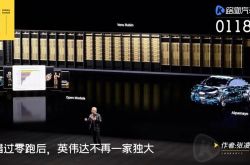Honda-Nissan to Replace Renault-Nissan?
![]() 12/02 2024
12/02 2024
![]() 496
496
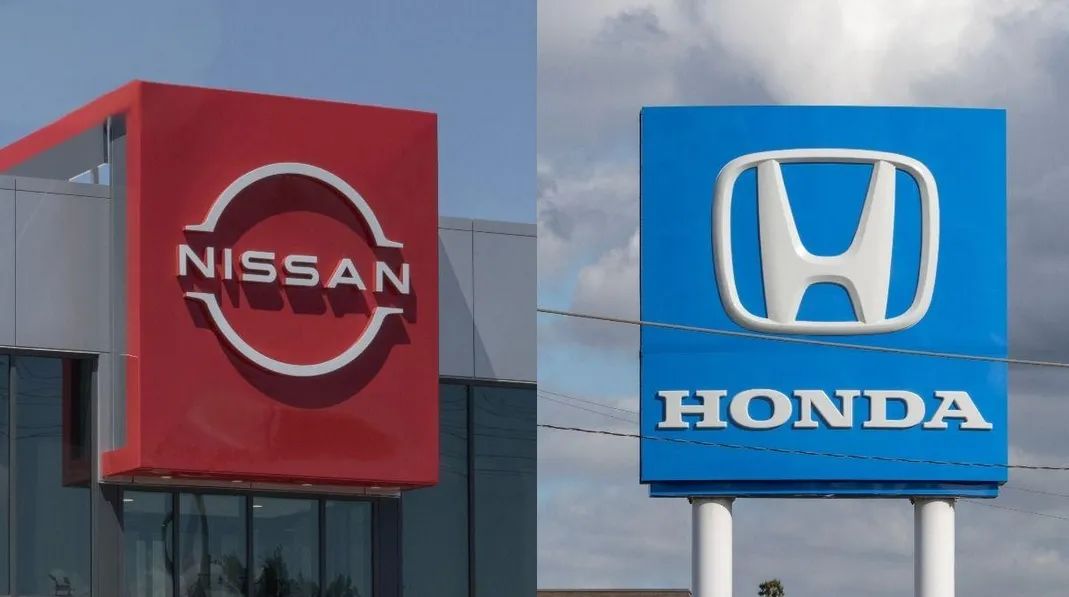
Introduction
Introduction
Japanese automakers uniting has become a trend.
Carlos Ghosn, the former CEO of Nissan, warned in August, "I cannot imagine a synergy between Honda and Nissan unless Honda takes some form of acquisition, bringing Nissan and Mitsubishi under its wing and taking the lead." However, current market observers generally believe that Honda's interest in acquiring equity does not seem strong.
Recently, Nissan has been facing unprecedented challenges. To cope with its difficulties, the company has had to take a series of measures, including laying off 9,000 employees, cutting global production capacity by 20%, selling Mitsubishi shares, and delaying the launch of new models. Senior executives within Nissan have revealed, "We have only 12 to 14 months left to turn things around."
Therefore, finding long-term investors to save the company's current situation has become a top priority.
It is reported that Renault, Nissan's long-term partner, plans to reduce its shareholding in Nissan from a maximum of 46% to 40%. To this end, Nissan is actively seeking stable long-term investors, such as banks and insurance groups. Meanwhile, Nissan's cooperation with Honda in the electric vehicle field is also attracting much attention.
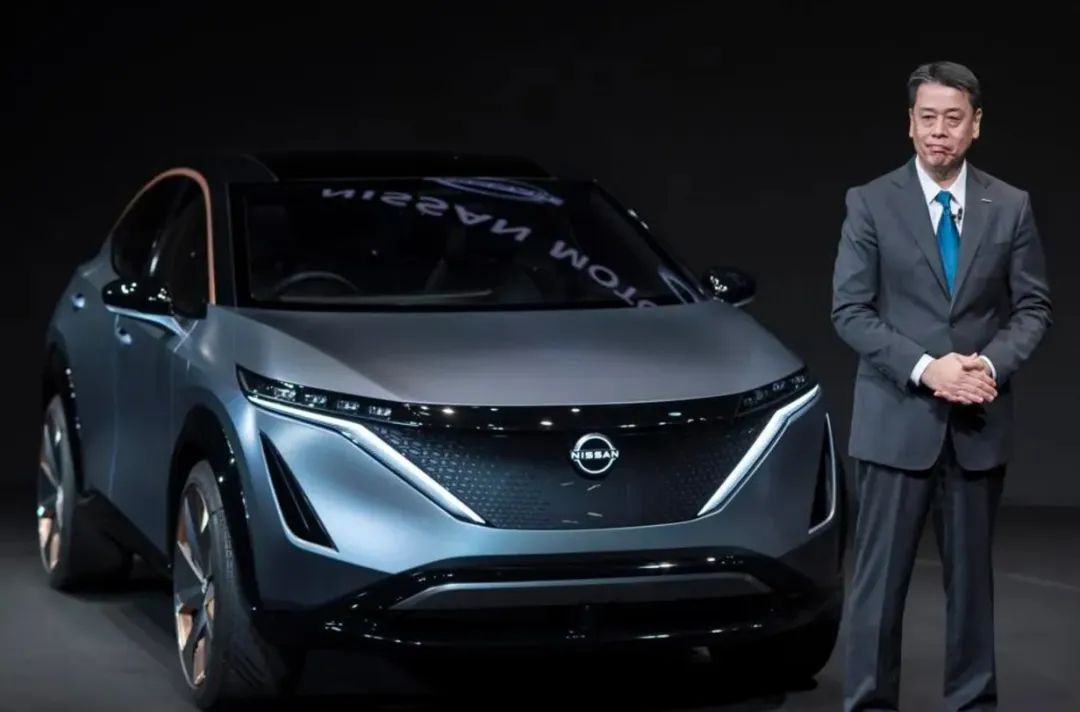
Reports indicate that at least two senior executives at Nissan have confirmed, "Our survival time may be limited to 12 to 14 months." They added, "Ultimately, we will need to seek financial support from Japan and the United States." This implies that Honda may intervene as a significant investor, and even Renault might directly sell its Nissan shares to a competitor.
Regarding the reasons for Nissan's financial difficulties in recent years, current CEO Makoto Uchida candidly admitted that the company misjudged the growing demand for hybrid vehicles in the US market and failed to launch more hybrid models in time, leading to a significant sales decline in the US market over the past two years.
Furthermore, Nissan overestimated the Chinese market's acceptance of three-cylinder engines. The company abandoned its trusted four-cylinder engines and shifted to promoting three-cylinder engines, but this move did not gain widespread market recognition. At the same time, the rise of local Chinese automotive brands further exacerbated Nissan's sales difficulties in the Chinese market.

Rumors of Honda's potential investment in Nissan are not unfounded. In August this year, Nissan and Honda announced they would jointly develop a new digital platform focusing on areas such as artificial intelligence and autonomous driving, paving the way for a future alliance between the two. If Honda can invest in Nissan at this critical juncture, it will help fill Nissan's funding gap and help it weather the storm.
An Indecisive Nissan
Since Carlos Ghosn was arrested in November 2018 on suspicion of breach of trust and misuse of company funds, Nissan has been in trouble and has been unable to rebuild itself. Recently, Nissan announced that its profits this year are expected to be 70% lower than expected, and it has already incurred a loss of $60 million in the last quarter.
To address this dilemma, Nissan has taken multiple measures, including layoffs, production cuts, and delaying the launch of new models, aiming to save $3 billion. Additionally, Nissan had to significantly reduce its shareholding in Mitsubishi Motors from 34% to less than 25%. To distance itself from its partner Renault, Nissan's CEO Makoto Uchida even voluntarily took a 50% pay cut, an unprecedented move.
At a press conference in early November, Hideyuki Sakamoto, Nissan's Manufacturing Division Manager, revealed that the company plans to reduce the maximum capacity of its 25 global production lines by 20% to improve operator efficiency. This adjustment will be achieved by changing line speeds and shift patterns.
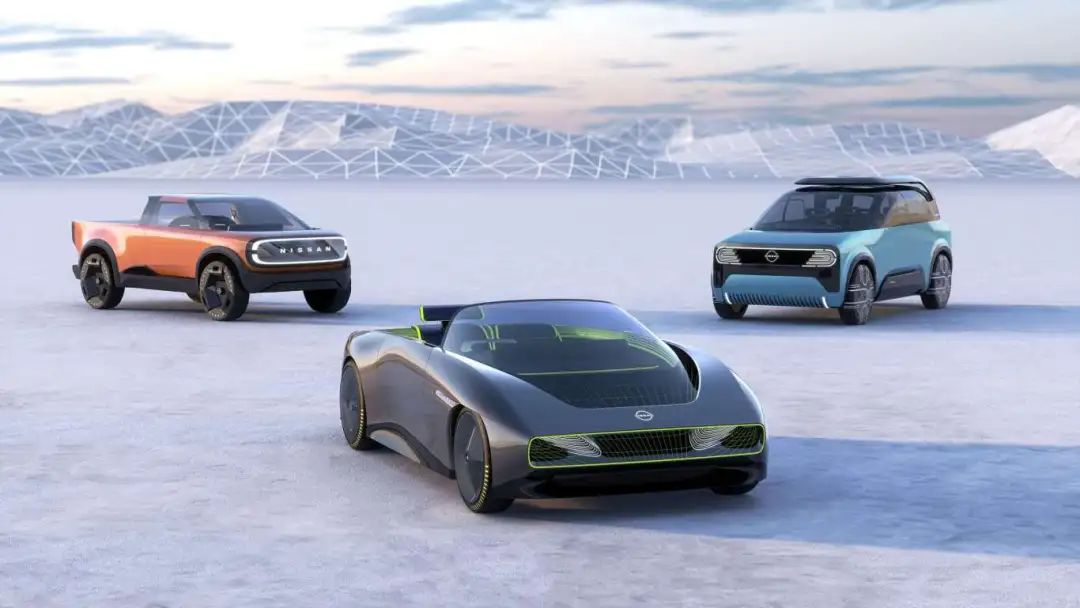
However, the root cause of Nissan's predicament mainly lies in its product line and stagnant electrification plans for the future.
Currently, Nissan only has two electric vehicle models on the market, neither of which has caused a sensation. More critically, a large influx of cheap electric vehicles from China is flooding the global market, quickly eroding Nissan's market share. Additionally, Nissan's core electrification technology, the e-Power hybrid system, which has been a success in the Japanese market, has yet to be launched in the US, undoubtedly exacerbating its competitive disadvantage.
Nevertheless, Nissan still performs impressively in some markets. In the US, the locally produced Rogue (Qashqai in China) ranks among the top ten best-selling vehicles, with over 189,000 units sold as of September 2024. In Europe, Nissan's Qashqai and Juke compact SUVs also continue to be popular among consumers. These achievements prove that Nissan still has the capability to create best-sellers.
It is reported that Nissan is actively seeking cornerstone investors to help it tide over its difficulties. Simultaneously, Nissan has signed agreements for electric vehicle development cooperation and intends to invite Honda to acquire part of its shares, strengthening its competitiveness in the electric vehicle market.
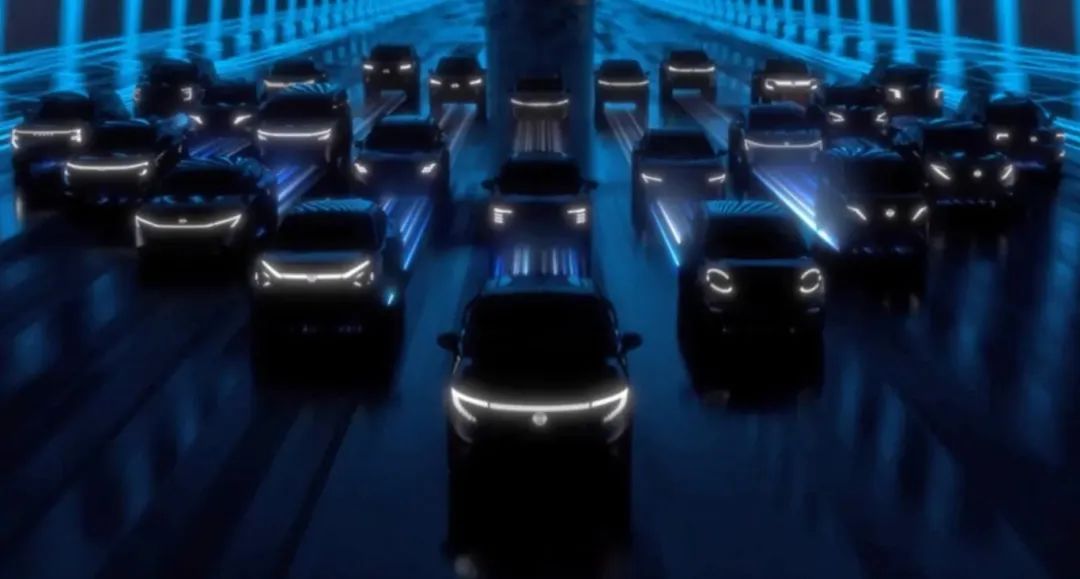
However, shortly after Uchida attempted to drive company growth through a new business plan called "The Arc," Nissan changed its strategy, lowering its global sales forecast for the fiscal year, seemingly content with sales of 3.5 million units. This adjustment has sparked concerns in the industry about Nissan's future development.
Nonetheless, an analyst wrote an article expressing disappointment and regret about Nissan. They wrote, "If I were an employee of Nissan now, I would be embarrassed to tell my children and parents about my company." While harsh, these words reflect Nissan's current predicament. It remains uncertain whether Nissan can successfully turn things around and continue to survive.
Unity May Not Be a Bad Thing
In 1999, when Nissan faced financial difficulties, Renault capitalized on the situation by acquiring a stake, further expanding its business empire. The two companies cooperated as an alliance, with Renault holding a 43.4% stake and thus having a significant say. After more than 20 years of unequal relations, Nissan has finally received an opportunity for equality.
Due to the substantial funding needed for electrification, Renault considers selling some shares to generate cash flow, while Nissan is naturally happy to seize this opportunity to repurchase shares and enhance its status. Ultimately, both sides reached an agreement at the end of 2023. However, electric vehicles and software development consume vast resources.
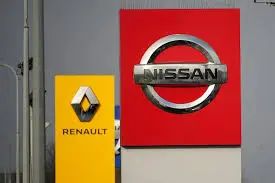
In March this year, Nissan and Honda signed a memorandum of cooperation aimed at jointly developing electric systems to compete with Chinese brands. Subsequently, Mitsubishi also announced its joining of this alliance. Regarding this cooperation, Carlos Ghosn stated that, given Honda's larger size among the three companies, it would dominate the cooperation, which is akin to a disguised acquisition.
Although Nissan formed an electric system alliance with Honda and Mitsubishi earlier this year, it has not yet seen the fruits of this cooperation when Nissan once again fell into financial crisis. Due to insufficient product lines in the gasoline-electric power market and the US market, business opportunities were missed, leading to declines in sales and profits. In response, Nissan announced that the company had entered an "emergency mode."
In this situation, if Honda comes to the rescue through a share swap, it would seem to confirm Ghosn's earlier remarks.
In fact, over the past two decades, Japanese automakers have gradually moved towards unity. Toyota acquired Daihatsu, collaborated with Subaru, and established a long-term partnership with Mazda. Nissan attempted to save itself through cooperation with Renault, which was initially successful but ultimately fell short. Mitsubishi, after facing difficulties, was eventually acquired by Nissan.
Honda remains the only Japanese automaker that has largely maintained its independence. However, facing significant industry changes, Honda has also had to seek cooperation with other companies. They have jointly developed an electric vehicle platform with General Motors and plan to establish a joint venture with Sony to enter the automotive market.
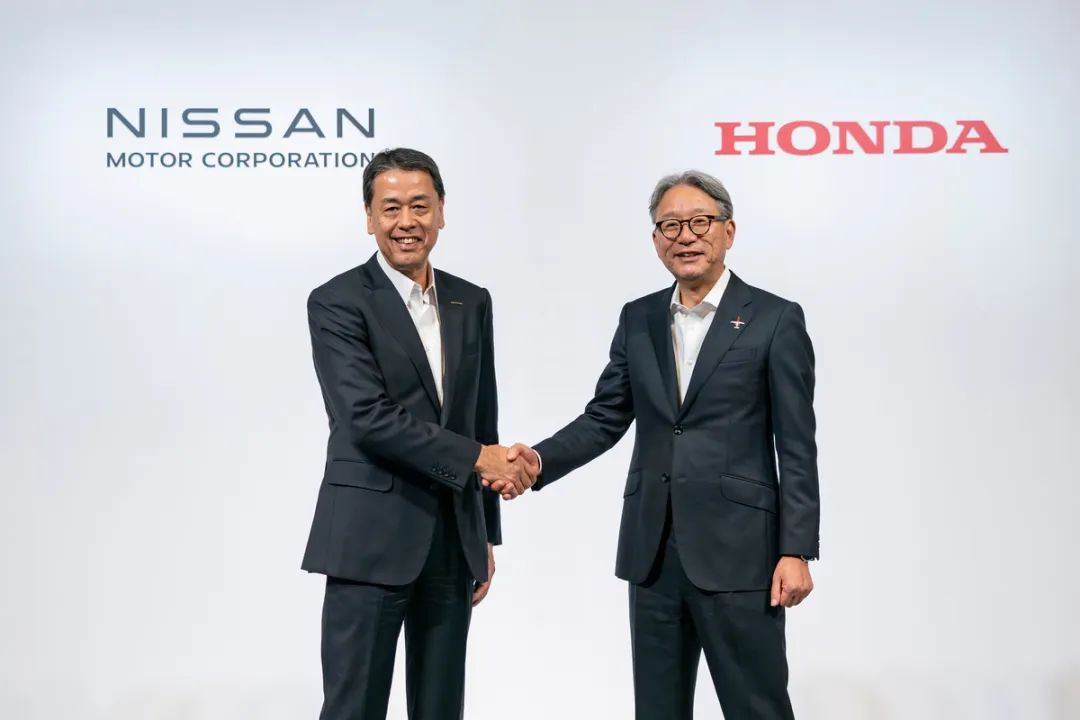
In terms of electric vehicle development, Japanese automakers have achieved remarkable results in hybrid technology but still face challenges in hydrogenation technology.
Currently, their hesitation towards electrification has not significantly impacted their market position. However, Japanese automotive industry executives are well aware that this situation may not last long. They are actively preparing for an electrified future defined by software where the interface is as important as driving performance.
Against this backdrop, Nissan and Honda announced the establishment of an important partnership. The two companies plan to sell models globally and consider model complementarity from the short to medium term. This move is seen as a deep union between the two companies in the field of automobile production, potentially leading to expanded engineering and manufacturing scales while avoiding significant cultural conflicts. Nissan/Mitsubishi's strength in the truck sector complements Honda's expertise in hybrid vehicles, laying a solid foundation for their cooperation.
This cooperation may only be the beginning, and the future may witness more unity and collaboration among Japanese automakers. In the fiercely competitive global automotive market, they are striving to find new breakthroughs and development opportunities.

